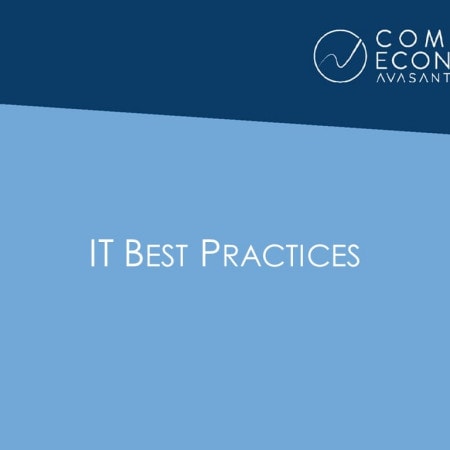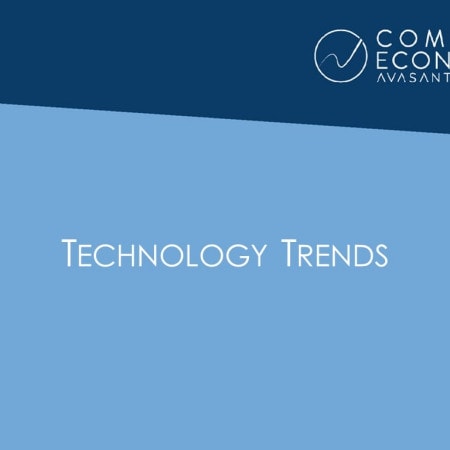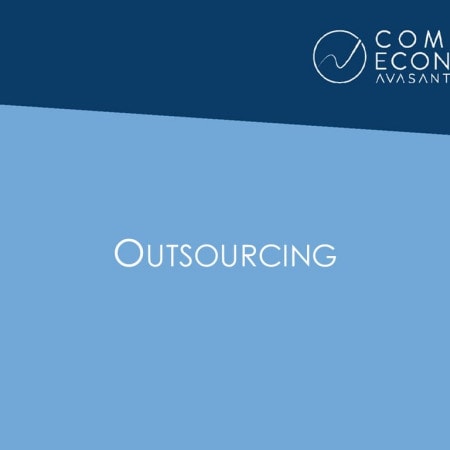-

Copyright Holders: Claim Your Rights Online (Jun 2000)
One of the most frequently asked questions regarding the protection of website content is how to let users know that the author claims ownership. A popular misconception is that posting material on the Internet is tantamount to delivering it into the public domain. Such is not the case. An author of website content is entitled to the same protection under the Copyright Act as the creator of a book, magazine article, or screenplay. How does the author assert these rights? The answer lies in the legal concept of notice.
August, 2002
-

Auctioneer or Pirateer? (May 2000)
Three leading computer game companies recently filed a joint lawsuit against Yahoo! alleging that the portal is facilitating the sale of illegal and counterfeit computer games and the hardware required to run the programs, including the so-called "mod chips" which enable users to circumvent copy protection measures.
August, 2002
-

Pop-Up Ads Knocked Back Down in Court (August 2002)
From an e-marketerâs perspective, a pop-up ad is a powerful tool, enabling a seller to command the attention of consumers in a much more aggressive manner than a traditional, static banner ad. From the consumerâs perspective, they are widely considered to be an intrusion and an annoyance. At issue in one pending lawsuit, however, is not the effectiveness of these advertisements, but the possibility that they infringe upon intellectual property rights and may interfere with the economic relationship between website owners and their users.
August, 2002
-

Compromise Reached for MPEG Licensing (Aug 2002)
One of the most popular and widely used video compression technologies on the Internet today is the MPEG format. The latest standard from the group is MPEG-4 for digital multimedia applications.
August, 2002
-

When Outsourcing, Know The Limits of Your Software Licenses (July 2002)
The decision to outsource requires careful review of the terms of the applicable software licenses. Likewise, whenever negotiating a new software license, you should seek appropriate terms to accommodate your outsourcing plans. If some or all IT operations may be outsourced at some point, the terms should be established with the vendor at the time the contract is being negotiated.
July, 2002
-

Deep Linking Lingers On (Jun 2002)
One of the most fundamental characteristics of the Internet, perhaps the one feature which defines the vast, interconnected array of communications and computer systems, is the ability to direct users seamlessly from one point to another. That feature is generically referred to as "linking." Linking takes many forms, and depending on such factors as the content, the context, and the relationship between the two sites involved, the practice gives rise to many legal issues and several unresolved questions.
June, 2002
-

Will the Cost of Database Licensing Rise? (April 2002)
Does the software you sell, or the software you buy, rely upon a database of "public" information, or a compilation of facts? Examples of such databases could include lists of names and addresses, geographic information, or statistical compilations. Whether you are the licensor or the licensee, you have probably taken for granted the free use of this information. The adage that "nothing is free," however, may prove true in the realm of database licensing as well. If you incorporate such data into your company's products, this could mean increased licensing overhead, and if you use such software, you may expect this expense to be passed on to you by your vendor.
May, 2002
-

The Children’s Online Privacy Protection Act of 1998 (Jul 2000)
In June 2000 the United States Appeals Court ruled that the Children's Online Privacy Protection Act of 1998 (COPPA) was unconstitutional and violated the first amendment. There are mixed opinions about the ruling, but we suggest that all Web marketers remain in touch with the issue and understand the implications and requirements of COPPA.
May, 2002
-

The European Union’s Privacy Initiatives (Jul 2000)
As the concern for privacy increases, governments around the world are working on legislation or have formed cross-border task forces to deal with privacy issues. We expect that the outcome of international privacy efforts will take several years to unfold and even longer to be implemented on a global basis. We also expect that national laws regarding privacy will continue to evolve around the world.
May, 2002
-

Employee Email and Internet Use Policies
Employees increasingly use email and the Internet while at work, both for work related purposes and frequently for personal use as well. The inability to distinguish between work and non-work related usage is sometimes problematic, and potentially exposes businesses to liability for a variety of claims from employees themselves, from clients, or even from third parties. Employers should be aware of the potential risks and of the measures that may help to decrease their exposure.
May, 2002
-

FTC Cupcake Party Nabs Mousetrapping Scammer
A cyberscammer who used more than 5,500 copycat Web addresses to divert surfers from their intended Internet destinations to one of his sites and hold them captive while he pelted their screens with a barrage of ads was charged by the Federal Trade Commission with violating federal laws. At the request of the FTC, a U.S. District Court enjoined his activities pending further order of the court. The FTC is going to court to force the defendant to give up his ill-gotten gains.
March, 2002

 Grid View
Grid View List View
List View